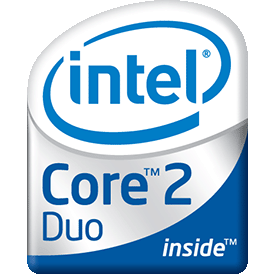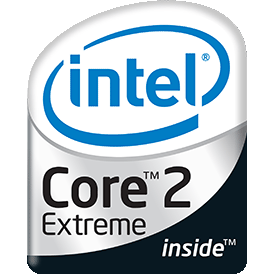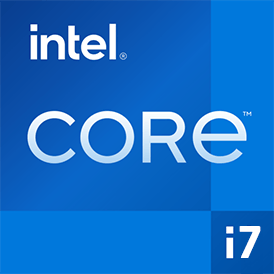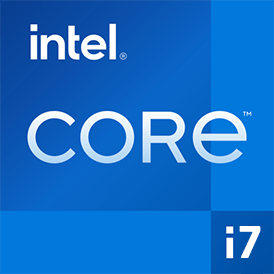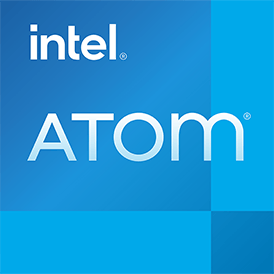Comparison of EVGA GeForce RTX 2080 SUPER FTW3 Ultra Gaming video card vs ASUS ROG Matrix GeForce GTX 980 Ti video card by specs and benchmarks. EVGA GeForce RTX 2080 SUPER FTW3 Ultra Gaming runs at 1.650 GHz base clock speed and has 8 GB of GDDR6 memory, while video card ASUS ROG Matrix GeForce GTX 980 Ti runs at 1.650 GHz base clock speed and has 6 GB of GDDR5 memory. The weight is different, -- vs --. The TDP of the first video card is 250 W, and the second is 250 W . Compare the benchmark results to find out which video card is better.


 Russian
Russian  Germany
Germany  Portuguese
Portuguese  Italian
Italian  French
French  Japan
Japan  Spanish
Spanish  Polish
Polish  Chinese
Chinese 




